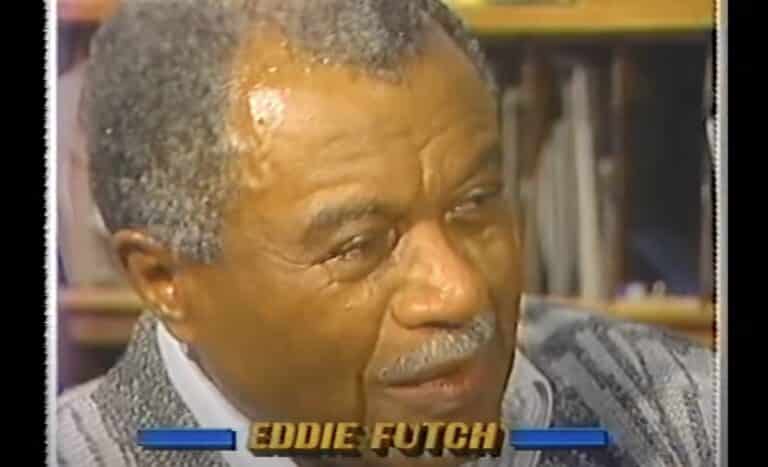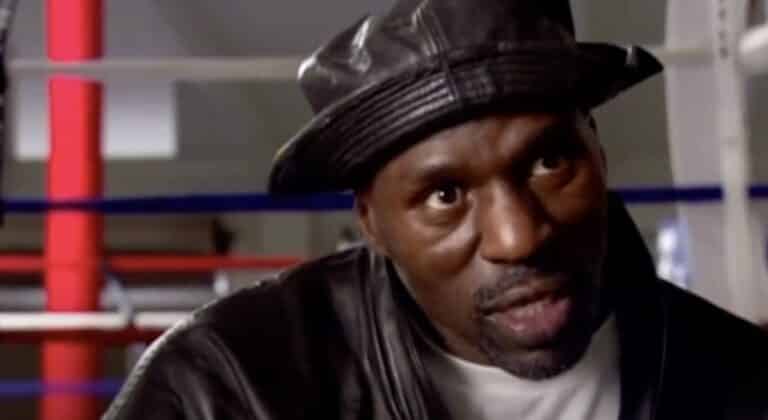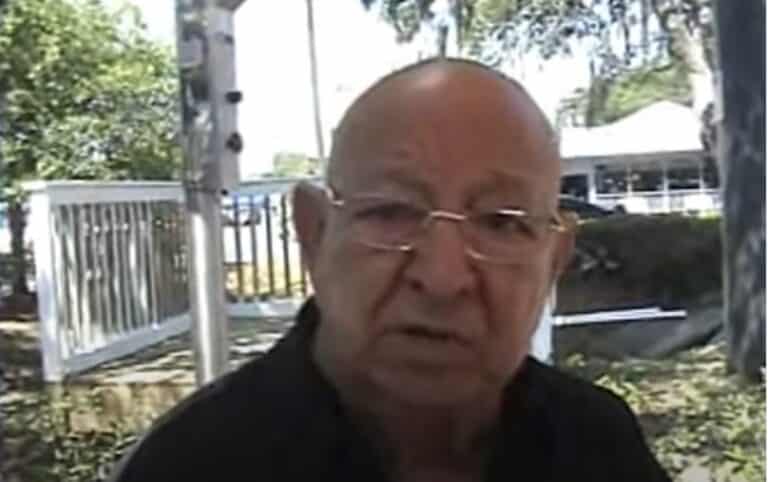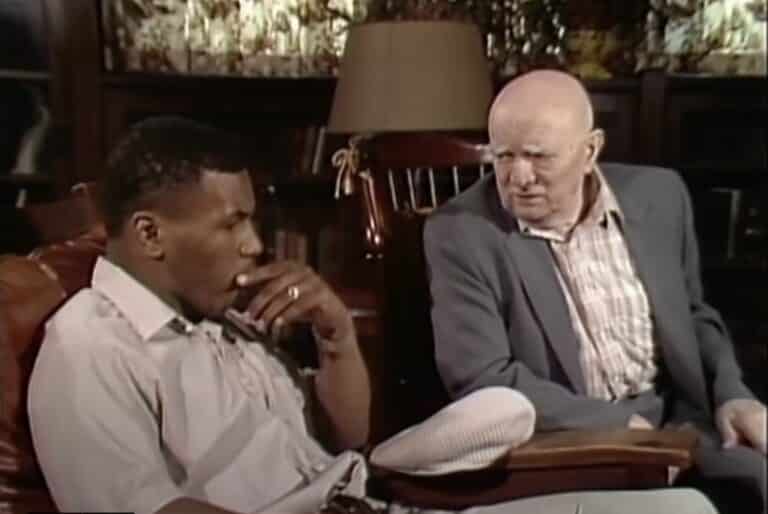Ulli Wegner
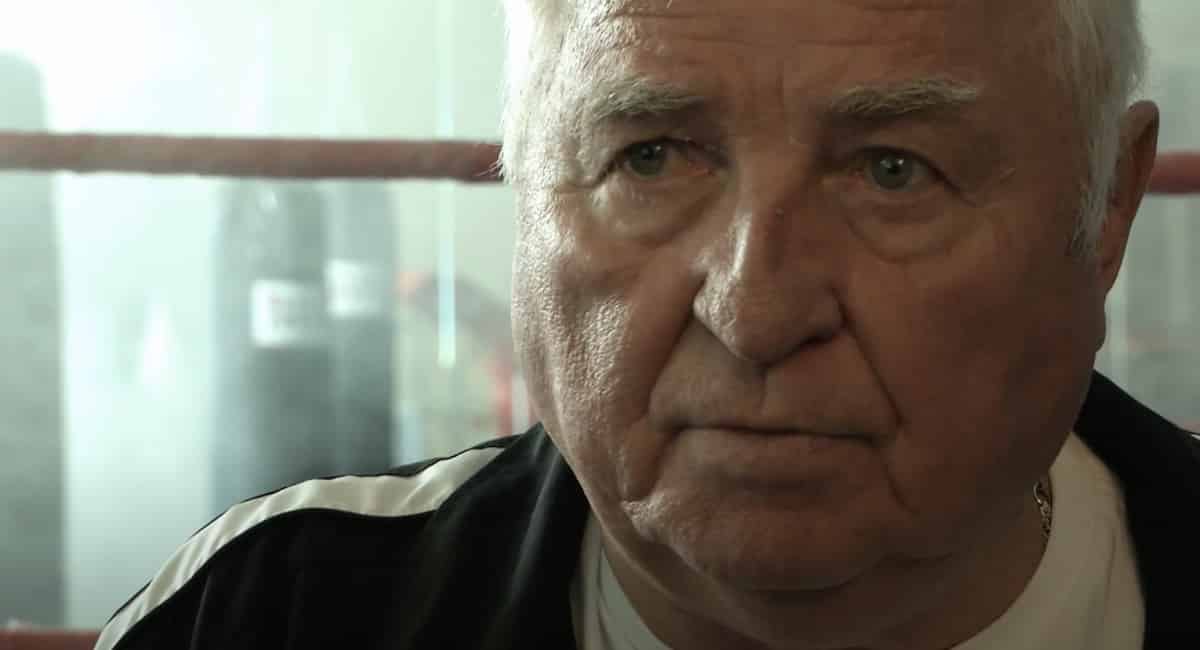
| Date of Birth: | April 26, 1942 |
| Place of Birth: | Szczecin, Germany (now Poland) |
| Gym: | Sauerland-Gym |
| Location: | Berlin, Germany |
| Boxing Background: | Ulli Wegner was a highly decorated amateur boxer with over 170 fights |
| Notable Fighters: | Sven Ottke, Marco Huck, Arthur Abraham |
Ulli Wegner’s Boxing Background
Few European boxing coaches have had quite the impact on both amateur and professional boxing as Hans-Ullrich “Ulli” Wegner, who is one of only a handful of men who have coached both Olympic champions and pro world title winners.
Ulli Wegner was born in 1942 in the then German city of Szczecin. After WW2 it was decreed that Szczecin would become part of Poland. Like many other German families living in the city, the Wegners fled Szczecin and moved to the nearby German Democratic Republic.
From an early age young Ulli showed a natural aptitude for sport, and after completing his compulsory spell in the East German military, he performed at a high level, first as a footballer and then as a boxer. Because the East German communist regime sponsored sport, becoming a successful amateur boxer benefitted the whole Wegner family.
Wegner took part in 176 fights from 1963 to 1970. In his final year he captained his local team BSG Wismut Gera to become GDR National Champions, the crowning achievement of a decorated amateur boxing career.
Ulli Wegner Becomes a Trainer
Living in a communist country, and with no great desire to defect, a professional boxing career was never going to happen. Wegner would later say that toward the end of his amateur career, he had one eye firmly fixed on becoming a successful boxing coach. He felt that he had not achieved the goals he had set out for himself as a boxer – national titles, competing in the Olympics etc – and would now focus on achieving all those dreams as a trainer. Wegner said of himself as a coach: “I was not only ambitious, I was greedy ambitious”.
Wegner would study coursework that he got from friends who were studying at the German University of Physical Culture, which gave him a greater insight on the workings of the human body. He quickly learned how to best prepare a boxer for a competition. Wegner became head coach BSG Wismut Gera, but had no intention of resting on his laurels. He was always keen to learn from the more experienced East German and Soviet coaches he spent time with:
“We had excellent instructors, excellent trainers before us in the GDR. I learned a tremendous amount from boxing coaches from Cuba and the Soviet Union.” said Wegner. “I still have a bit of the Russian “Old School” mentality.”
Soon some of the boxers Wegner coached began winning national titles, and in 1985 Jörg Teiche was crowned Junior World Champion. But while Wegner was making a name for himself as one of the best young coaches within the Eastern Bloc, the Eastern Bloc itself was beginning to disintegrate.
The fall of the Berlin Wall in 1990 sparked euphoria for millions of repressed Eastern Europeans, but for Ulli Wegner it initially meant little more than unemployment. However, after being unemployed for just a few months, in 1991 the DABV (German Boxing Association) offered him the job of becoming the united Germany’s head coach of its boxing team.
Ulli Wegner was determined to repay the faith the DABV had shown in him, and he did so in droves. In the five years that he was in charge, his boxers won 150 medals at Olympic Games, World and European Championships as well as the World Military World Championships, 65 of those gold medals.
Wilfried Sauerland
In 1996 Wilfried Sauerland was well established as one of the leading boxing promoters both in Germany and in Western Europe. In 1995, his rival Klaus-Peter Kohl, owner of Universum Box-Promotion had made an offer to Ulli Wegner to come and coach their stable of fighters. Wegner had turned the offer down, as he was focused on taking his German boxing team to the 1996 Olympics in Atlanta. Secretly, Wegner had a lot of respect for Wilfried Sauerland, and knew if it came he would consider an offer from him. Wegner has often stated that money was never a driving force for him, and he would have happily stayed in charge of the German national team.
However, when Sauerland made him an offer to develop his own Sauerland-Wegner stable of fighters and turn it into a dynasty, Wegner accepted, bringing with him top amateurs and future world champions Sven Ottke and Markus Beyer
Sven Ottke
Ulli Wegner’s longest relationship with a fighter was probably with Sven Ottke. When Wegner became the German national boxing coach in 1991 Ottke was already established as one of the best boxers in the national squad. He would eventually become a ten-time amateur National Champion, compete in the 1988, 1992 and 1996 Olympics, and be crowned European Champion in 1991 and 1996. He scored amateur wins over future pro world champions Antonio Tarver, Chris Byrd, Michael Moorer, Zsolt Erdei and Juan Carlos Gomez. Ottke would leave the amateurs with a 256-47-5 record.
When Ottke turned professional in 1997 he retained Wegner as his trainer. Short for a super middleweight at 5’10”, Ottke was nevertheless a very good boxer, although he lacked a KO punch. In his second year as a pro in 1998 a 31-year old Ottke won the IBF super middleweight title with a split decision win over Charles Brewer. Ottke would go on to make 21 title defenses before retiring unbeaten in 2004 with a 34-0 record(6 KO’s). A rare KO win was his tenth round knockout of future two-weight world champion Anthony Mundine in 2001. Ottke also defeated Glen Johnson, Mads Larsen, Robin Reid and Thomas Tate twice.
Arthur Abraham
Sven Ottke might have retired unbeaten, but Wegner’s best fighter was surely the Armenian born German Arthur Abraham. Abraham and his family moved to Germany when he was 15, and he initially shone as an outstanding cyclist before he discovered boxing. As an amateur, Abraham was both a German National Championships winner and a three-time Armenian Champion.
Abraham turned pro in 2003, and took a job as a sparring partner for Sven Ottke. Ottke’s trainer Ulli Wegner was so impressed with young Abraham he offered to take him under his wing. The two developed a very close, “father & son” relationship and Wegner would remain Abraham’s trainer for 15 years until his retirement in 2018.
Powerfully built for a middleweight at 5’9”, Abraham was a decent boxer but was extremely heavy handed, and possessed clubbing KO power. He won the vacant IBF middleweight title in 2005 with a 5th round KO of South African Kingsley Ikeke and would go on to make 10 defenses of that belt. At that time his big rivals were WBC champion Kelly Pavlik and WBA title holder Felix Sturm, but try as he might, Abraham could not secure a unification fight with either.
In an era where the German public became enamored with heavyweights Wladimir and Vitali Klitschko, Abraham was almost as popular, and for good reason. Not only were his fights exciting, Abraham proved himself to be the ultimate warrior: In his 2006 fight with the devastating puncher Edison Miranda, Abraham suffered a badly broken jaw, yet battled on. Abraham not only lasted the distance, he edged a narrow decision. The two met again in 2008, and this time Abraham KO’d Miranda in four rounds.
Wegner was with Abraham when he entered the Showtime Super Six tournament in 2009 at super middleweight. The unbeaten Abraham was the favorite to win the competition, but he suffered points defeats to Andre Direll, Carl Froch and Andre Ward. Abraham and Wegner weren’t done yet, and bounced back with two reigns as WBO 168 lb champion from 2012 to 2016.
Marco Huck
Ulli Wegner most recent world champion has been the Serbian-born German Marco Huck, who held the WBO cruiserweight title from 2009 to 2015, making a record-equaling 13 title defenses. Huck is a typical example of an Ulli Wegener fighter – his physical conditioning is unmatched, and he is always the strongest and fittest man in the ring, no matter who he fights. In terms of technique Huck is no Oleksandr Usyk, but what he might lack in ring craft he makes up for in aggression, doggedness and punching power.
After Huck suffered three defeats in his last five bouts at cruiserweight, the fighter took some time off before returning to action as a heavyweight in 2018. He has now won three fights at heavyweight, and while on the small side at 6’2” and 220 lbs, he moves well and punches fast against bigger, slower rivals. At 36 he still has a few years left, and might yet land a title shot.
Wegner also trains Bulgarian heavyweight Kubrat Pulev, someone whose only two defeats have come in world title fights. Pulev was KO’d in a five-round thriller against Wladimir Klitschko back in 2014, and last December he was knocked out in nine rounds by Anthony Joshua.
Pulev is now 40, but at 6’4” and around 240-250 lbs with a 28-2 record (14 KO’s) he remains a genuine threat in the heavyweight division. Don’t be too surprised if Pulev pops up in a major fight on TV in the near future, with Ulli Wegner – now approaching his 80s – working his corner.
Ulli Wegner’s Fighters
Ulli Wegner has coached some of the most high profile German boxers, plus several other prominent European fighters. Here are just some of the fighters who have benefited from Wegner’s knowledge over the years:
- Arthur Abraham
- Markus Beyer
- Alexander Frenkel
- Robert Helenius
- Yoan Pablo Hernandez
- Timo Hoffmann
- Marco Huck
- Mads Larsen
- Rüdiger May
- Torsten May
- Karo Murat
- Koko Murat
- Sven Ottke
- Francesco Pianeta
- Alexander Sipos
- Michel Trabant
- Oktay Urkal
- Nikola Vujasinovic
- Robert Woge


